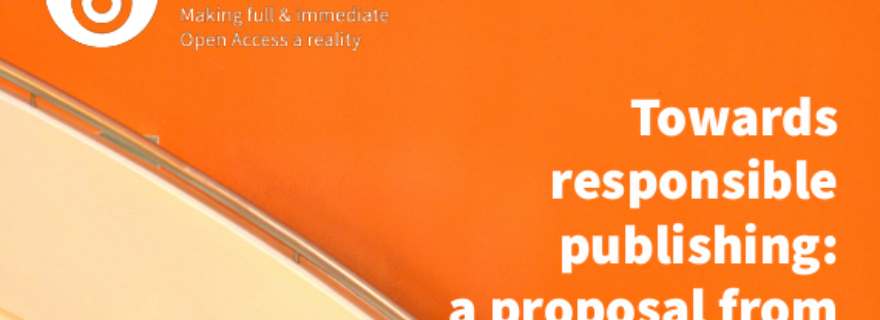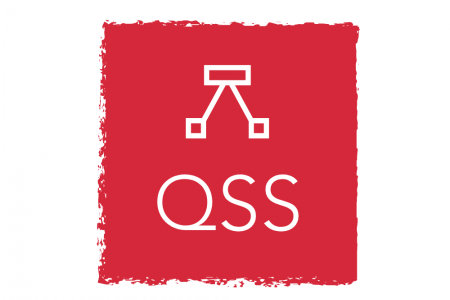What is your idea of Responsible Publishing and why it is valuable to join the new Plan S survey
cOAlitionS, a consortium of research funders including ERC and NWO, is inviting researchers to give their input their vision of responsible publishing in an online survey which is open until 22nd April 2024.
The Plan S principles were published in 2018 and after five years it is time to reflect on what has been achieved so far but also to look forward and determine what could and should be improved. cOAlitionS is preparing a new strategy that is focused on giving the ownership of research output back to academia, giving publishers the role of service providers.
Back in 2018, Plan S was a top down initiative intended to come as a shock for researchers, publishers and librarians alike. There were big consequences for the way grantees could publish as we explained in our 2019 blogpost on PlanS and the focus on immediate Open Access to published peer-reviewed journal articles did not always align with the possibilities – and/or wishes - within the various research areas of our broad university. A considerable variety of types of output in disciplines with other priorities were scarcely touched upon by PlanS.
Now, 5 years later, it is time to check on where to go from here. This time around Coalition S does want to include the researcher community in the preliminary debate to reach the ideal of responsible publishing. Again a radical change from traditional publishing which recognizes the diversity in publishing cultures and focuses on opening the whole publication process from preprint to peer review. At the same time it is also a step away from traditional metrics such as the impact factor or perceived quality of a publisher connected to traditional publishing.
We feel that it is important that the renewed strategy aligns with the ideas and practices of the academic community, and therefore we truly recommend you to join the consultation: "Towards Responsible Publishing", which is open until April 22nd and was developed in partnership with the Leiden Centre for Science and Technology Studies CWTS.
What are your priorities in academic publishing in your discipline?
- What is the added value of open peer review after the publication of a first version?
- Do you favour open platforms over journals? Or not at all?
- What is the best way to incorporate different types of research output?
- How to best evaluate reports, proceedings, reviews?
- What opportunities need to be created for (open) monographs?
- How should we ensure proper credit for preprints?
- What do you think is needed to protect the interests of our early career researchers in internationally competitive fields?
Changing traditions
The main focus in this consultancy is not just on Open Access of publications, but on the whole publication chain. Principles are that publication is too slow (earlier sharing of work via preprints is needed), not transparent enough (open peer review will improve quality) while high APC costs increase inequality and journal based metrics are damaging career incentives.
You could read this as an attempt to move away from traditional publishing models in journals towards connected (community) publication platforms. This may do away with the need to pay APCs and hand back more responsibility to the researcher instead of the publisher’s editorial team. The platform may be enhanced with third party services and open peer review. The principles of the next Plan S are detailed in the vision document “Towards Responsible Publishing”.
In the consultation you will be asked for your opinion on the five guiding principles for a new Plan S as mentioned in the vision:
- Authors are responsible for the dissemination of their findings (should be able to publish whenever you want with outsourcing of editorial services)
- All scholarly outputs are shared immediately and openly (including preprints and peer review reports)
- Quality control processes are community-based and open, to ensure trustworthiness of research findings (open peer review and quality control by community instead of strict process by publishers)
- All scholarly outputs are eligible for consideration in research assessment (focus on quality instead of traditional metrics)
- Stakeholders commit to supporting the sustainability and diversity of the scholar-led publishing ecosystem (in other words: we have to invest in new publishing systems)
More information
- Consultation link: "Towards Responsible Publishing" (current survey)
- Consultation link: "Towards Responsible Publishing": Early feedback survey (alchemer.eu)
- Vision document: https://doi.org/10.5281/zenodo.8398479
This post was originally written to highlight the Early feedback survey; it was updated in March 2024 to include and refer to the current survey "Towards responsible Publishing"






